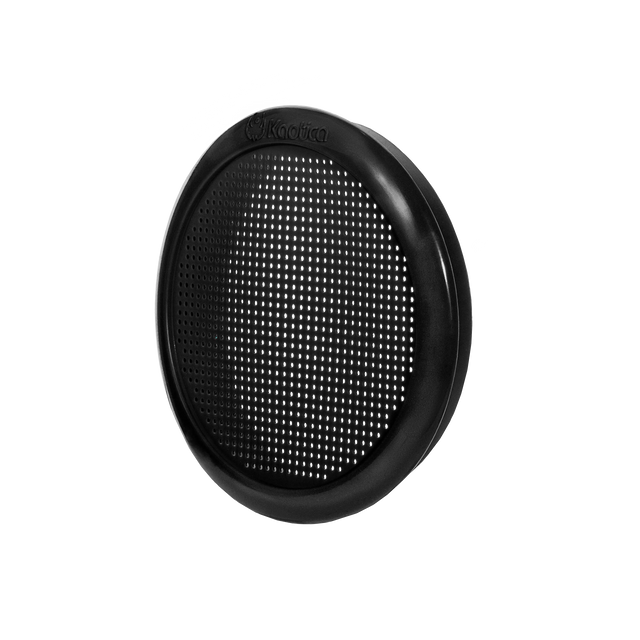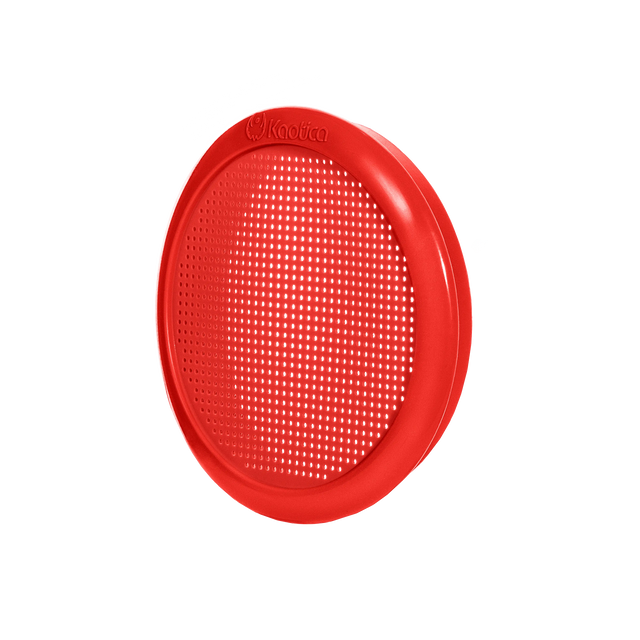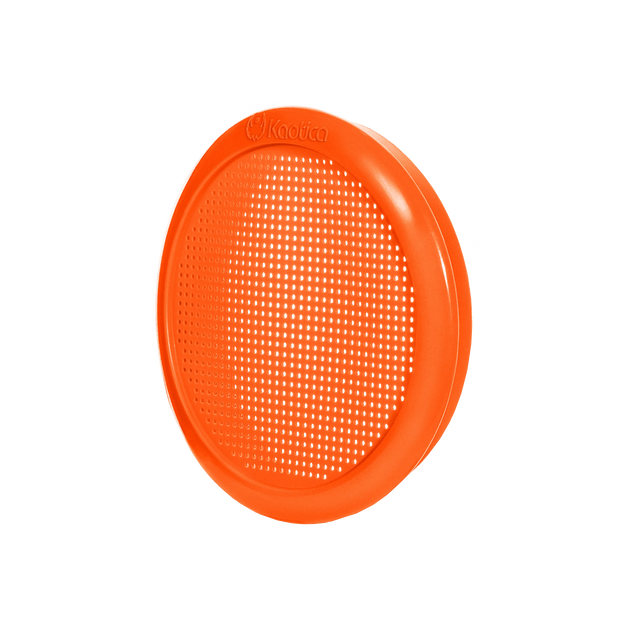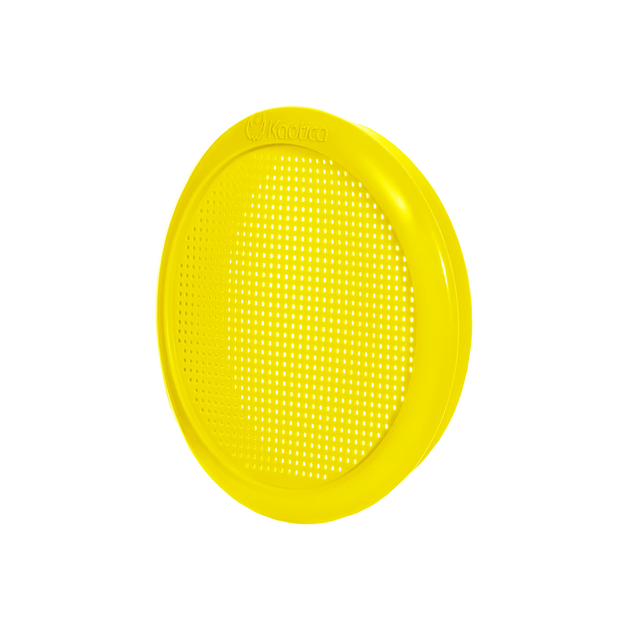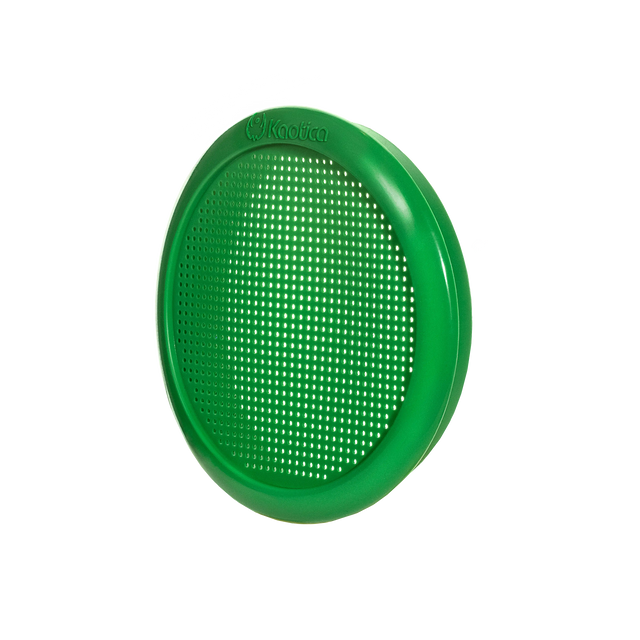
Aaron Lindsey | Recording Grammy Winning Hits
Six-time Grammy award winning gospel producer, Aaron Lindsey has such a long and impressive discography that when you finally scroll down the list and reach the bottom you realize how truly prolific this man has been over the course of a long and prosperous career. His work with the likes of Marvin Sapp, Israel Houghton, Fred Hammond and Tina Campbell to name just a few have put him on the short list of music producers creating work on the highest order.
Take us through your journey. How did you get started?
The journey started when I was about 16 years old or so. I fell in love with the keys. I grew up playing drums in the church, like so many musicians.
"Playing in church was like black top basketball to the NBA. It's where every player learns how to cross people up. This is where you learn your skills."
In my experience in church we didn't have set lists. Like we didn't do this song and then that song. This was a very traditional church where they would just stand up and start singing in any random key on any song and you had to just figure it out like on the spot. There was no warning like we're going to sing it in D flat, we’re going to E now. Nothing. You just had to pick that thing out and be ready at bar three.
"I feel like that journey prepared me for the kinds of situations where I am now because I have to be quick in here (in the studio). Because when you're sitting around with creatives who have ideas coming stream of conscious it’s just boom, boom, boom, boom. You have to be fast."
And that experience, that journey has led me to the place I am now where I can sit in almost any room and be able to help interpret what's in the artists heart. And I'm glad I did not go with my parents’ suggestion to stay in college. And they are too. They're glad that I went from being an aspiring electrical engineer to becoming a musician full time, which has been a blessing.
So looking back on your journey to the 25-year old Aaron and some of the struggles you encountered then, how did you overcome those struggles to get to where you are today?
I will say there were a number of ways that I was able to keep going. I would say the 25-year old Aaron was so apprehensive because I had a lot to prove because at 25 when you're trying to make a name for yourself. I remember having a conversation with my then fiancé, my wife now, Adrian. I was telling her what my dreams were and how afraid I was because no one knows if they're going to come true. But you just have to stay the course.
"I feel like the thing that has helped me is I've had a long obedience staying with the same direction."
I decided this is what I'm going to do and I kept moving that way. There were times I had to move sideways just to kind of dodge some obstacles but I just kept moving in the direction of my dream.
The biggest hurdle I had was selling this idea to myself. Everybody else, it didn't matter what they believed because I had folks that would champion me and tell me you can do this. And then for every person that told me I could do that, three other people would tell me I’m crazy.
"But I've come to learn that if people aren’t telling you you're crazy for the idea you have then your idea probably didn't come from God. Because God will always push you past your comfort zone."
Denzel Washington said ease is a greater hinderance to success than difficulty because it's in your difficulties that you learn to overcome. And coming from a small town in Ohio, the hurdles that I had to overcome at 25 are the muscles that I'm using now, standing in Los Angeles today.
So I would encourage anybody out there that nothing is wasted. What you're experiencing and going through right now might seem big to you but in your next season it’s going to be the same thing only at a bigger level. And if you master it now and get your footing it's almost like Karate Kid. Wax on, wax off. You never know what that stuff means until you have to block something and I found that nothing was wasted. But the biggest challenge I would say was convincing myself that I could still do this.
And along those lines of convincing yourself, what advice can you give to help someone convince themselves that would really help them out?
I had to find a way to convince myself. Talent alone was not enough to convince me. Believing in myself alone was not enough to convince me because there were people far more talented than me with more opportunities than me, that probably believed in themselves more than me. I was a little chunky kid, who was from a small town in Ohio and I had literally nothing going for me compared to the people that I was in the same peer group with.
"But I found something to lean on. For me it was my faith in God."
Mine was a deep belief in Jesus and that His Grace was going to help me do what I believed I can do and that I could achieve a modicum of success, which for every person is different. However you measure success will be different to how I measure it.
"But for me it was being able to do what I love to do without compromising how I feel about it. I didn’t want to have to do what I didn't agree with in order to be successful."
And I wanted to win Grammys. I wanted to win BMI awards. I wanted to win Billboard awards. I wanted to get gold and platinum records. But I grew up with a belief in a particular genre. And for me it was gospel and because Christian or inspirational music was what I was reared on I just wanted to do it.
I decided to take the lid off of my potential and say, ‘God if you want me to have this I’ll have it.’ And I'm not going to stand in my own way because if this is what God wants and God is for me I'm not going to stand against him. If he wants me to win I want me to win. And so I look back now and almost 30 years later I’m still relevant, still blessed to be able to do it full time. I’m moving into other genres now because I was diligent to do what I was best at.
I want to leave everybody with this truth.
What is the one thing that you do that's different? And that nobody else on the planet can do the way that you do? That unique identifier of your character, your personality, your sound, your beats, your textures, your mix perspective. Find out who you are. Find something to encourage you, dig your heels in and don't give up on yourself. I can't be Pharell. I can’t be Rodney Jerkins. I can't be Teddy Riley. I can glean from them and I'll respect and love those guys and they’re friends of mine. But I can only be Aaron. And since there was only one of me so I figured I’d max that out.
That’s really beautiful. You’ve been in the game a long time. How has technology impacted your art?
Technology has totally changed everything about how I do what I do. It’s changed the way I do things because technology is constantly evolving. It's helped me stay fresh. I started out with two-inch tape in Detroit, Michigan in Studio A and that was technology. And that was cool. We were dubbing, cutting tape and bouncing down because we ran out of tracks. Then we moved to the age of DA-88s and ADATs. And I was like, ‘Oh wow, now we’re modern,’ you know. Then I bought a Mackie hard disk recorder. And I was like ‘oh now we're modern.’ Every time new technology comes out you feel like you've reached the pinnacle. I remember a day when a 64 gigabyte drive was like that big and that tall. And now you get 128 gigs on a chip this small. So technology has totally helped the studio structure.
Speaking of technology, how has the Eyeball helped with your workflow?
"The Eyeball has made it so that you can do things in a much more efficient way and at a higher level in environments that you couldn’t do this in 10, 15 years ago."
You used to have to book studio time and be in some isolated environment in order to get the sounds you needed. Even with regard to synths, which were played primarily, I used to have to load up all of my instruments and MIDI them together, layer them and then run them into the board.
Now I get the same sounds if not better, cleaner, no noise, no drama, no quarter inch cables, just straight from software. Same thing with microphone technology. I do remember some of the biggest albums I've ever done that I have gold and platinum plaques for, we recorded the overdub vocals in hotels. I remember hanging blankets from the hotel around the singer and just using mic stands and all kinds of stuff to get some sense of isolation. The Eyeball has given me the same level of isolation but cleaner and without all that drama. So that kind of technology, along with the compactness of my rig allows me to record anywhere and get good quality vocals. So technology has been a game changer and a game saver.
What has been the driving force in your career?
I know that it's going to sound far out to some people but what drives me is the passion that came from inside of me when I accepted Jesus Christ into my life. And not just as my friend, my homey, but as the guy who really saved my soul. So faith for me has been the driving force. The thing that keeps me believing I can do it is that I don't have to do it alone.
"The thing that keeps me in a place where I can create purely is the fact that I feel like I'm forgiven. It's harder when you got a lot of weight on your shoulders. Creativity and stress do not hang out together."
For me, the best release of stress is when I go ‘you know, I messed up bad.’ But I also know there's a provision for that. Everybody makes mistakes, everybody messes up. Some of us overcome it because we have decided to forgive ourselves, because we are human. And I don't believe that Jesus holds these sins against me because the Bible says he doesn’t. Once I confess and repent I clean the plate.
And then when I get in the studio, whether it's R&B, pop, gospel, hip hop, classical, jazz I’m free. I did a record with Joe Sample and India Arie and I had the same passion with that song as I did when I did the track with Tori Kelly, as I do with Kirk Franklin or Fred Hammond. Because God helped me to blur the lines between secular and sacred. Everything is sacred when you're creating from your heart and your spirit. It’s all sacred. Everything that comes out of me I believe is a result of my understanding of who I am and I'm forgiven. And that's my driving force.
Then you have to know who you are. You will have to find out how to identify yourself and find your own identity. I found mine being open to God to speak to me and help me figure out who I am so I don't have to live in the shadows of things I wish I could be. I don't have to be a slave to what the industry says I have to be. I can literally exist in a transcendent space above all the drama, above all the noise. Because I know who I am and I take solace in that.
"And lastly, I have an incredible wife and children who keep me grounded. I come home after winning the Grammy Award and my wife who loves me is like, ‘honey, you got drawers on the floor over there."
I need you to pick them up, throw them in the dirty clothes pile, help the kids with their homework, comb Blake's hair go drop Aaron off at basketball practice.
There’s something about that organic realness. That helps keep me so centered on who I am. It takes the noise away so you can just create. All of a sudden your work just has that DNA and purity and it’s genuine. And that’s the best way I can explain it. That's my heart.
Everyone's trying to find themselves, young people and old people. What helped you to find yourself?
"Man, the piano helped me find myself. You can express things in music that you don't have a language for."
And there's a famous painting that my wife has in that bathroom that says ‘Where words fail, music speaks.’ And I'm able to communicate emotion, thoughts, feelings, ideas through music. It's a very fair way to present your thoughts. When I was able to do it through music that’s where I found myself. I didn't even have a language to say how hurt I was about some things that had happened but the piano helped me express it. Joyous, fun, loving, whatever. I could say it through the music. And so when that came into my life everything changed. Music changed my life.





